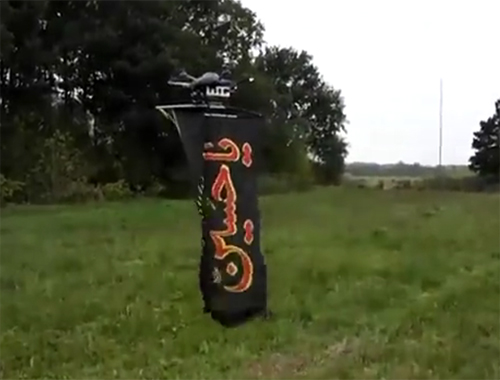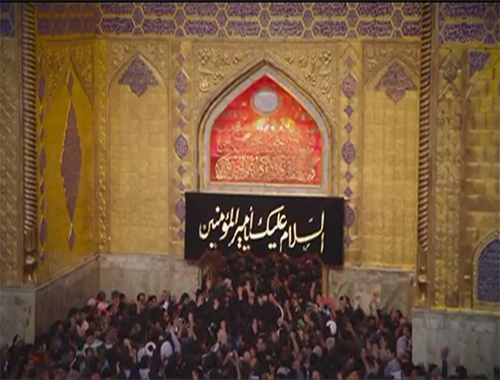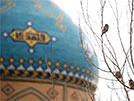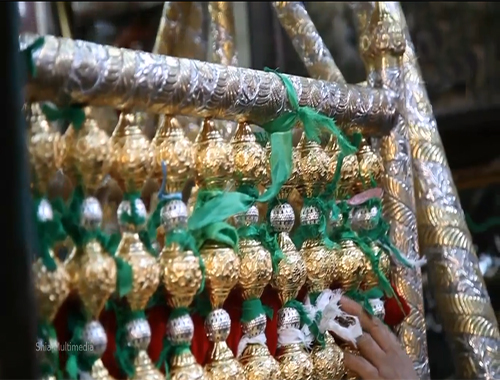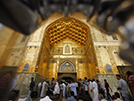Verse262
- Details
- Hits: 2910
(262) الَّذِينَ يُنفِقُونَ أَمْوَالَهُمْ فِي سَبِيلِ اللّهِ ثُمَّ لاَ يُتْبِعُونَ مَا أَنفَقُواُ مَنًّا وَلاَ أَذًى لَّهُمْ أَجْرُهُمْ
عِندَ رَبِّهِمْ وَلاَ خَوْفٌ عَلَيْهِمْ وَلاَ هُمْ يَحْزَنُونَ
262. " Those who spend their property in the way of Allah, (and) thereafter, do not follow up what they have spent by reproach and with injury, for them shall be their reward with their Lord, and no fear shall be upon them, nor shall they grieve. "
Commentary:
A Worthy Charity!
In the previous verse, the importance of charity in the way of Allah was pointed out in general. Here, in this verse, some of its qualities are stated, too. It says:
"Those who spend their property in the way of Allah, (and) thereafter, do not follow up what they have spent by reproach and with injury, for them shall be their reward with their Lord, ..."
Besides the above mentioned priviledge, this quality is in them again, that:
"... and no fear shall be upon them, nor shall they grieve. "
Therefore, those who spend some of their property in the way of Allah, but after that benevolent action, they reproach or do something that cause injury, they destroy their reward, indeed, with this reprobated action.
It can also be said that such persons, in many cases, not only are not good doers, but also are some transgressors, because the honour of a man and his psychological social capitals are often surely more valuable than property and wealth.
The Qur'anic holy phrase: "...for them shall be their reward with their Lord; " makes the givers of charity sure that their reward is reserved with their Lord in order that they go forth with a good amount of certainty along this path.
More than that, the application of the Qur'anic term /rabbihim/ (their Lord) in the verse, is a hint to this meaning that their Lord trains them and will multiply it.

